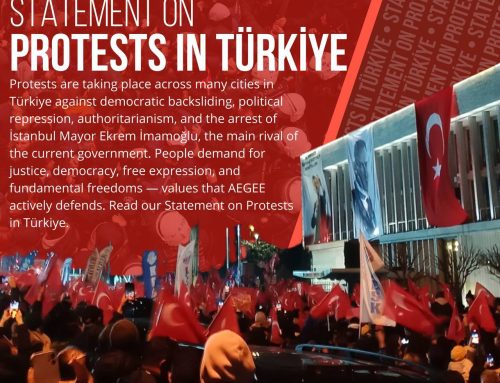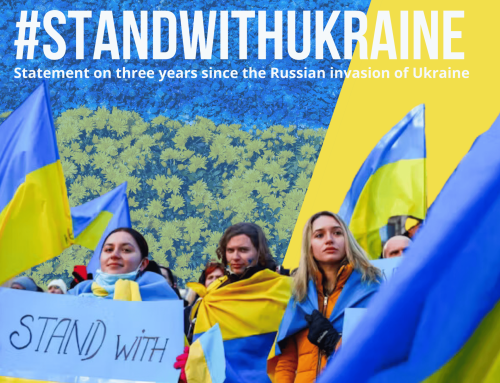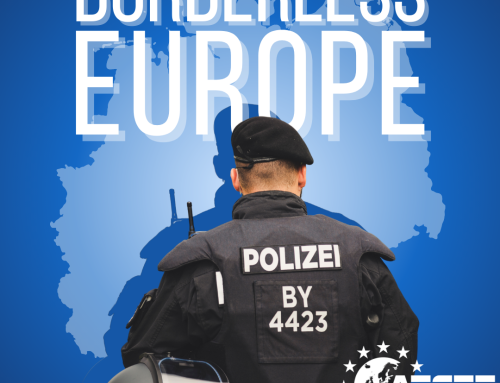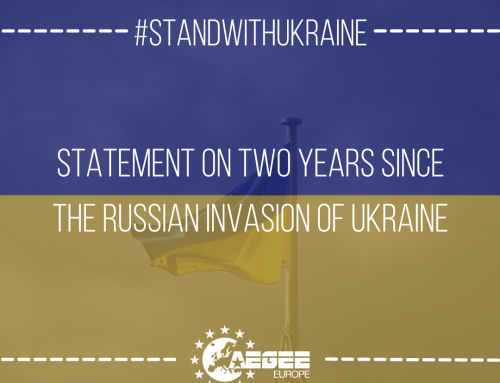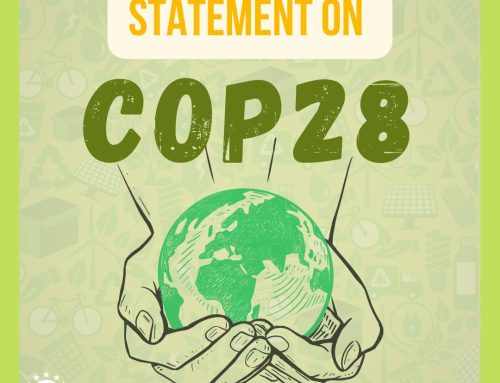No crisis can be resolved without accurate and reliable information.
Today, on the 3rd of May we celebrate #WorldPressFreedomDay and the fundamental principles of press freedom. Additionally, this day highlights the importance of respecting press freedom worldwide while reminding citizens that in dozens of countries, publications are censored and closed down, while journalists, editors and publishers are harassed, attacked, detained and even murdered.
World Press Freedom Day was first proclaimed by the UN General Assembly in 1993 following a Recommendation adopted at a UNESCO General Conference. This year’s theme of “Journalism without Fear or Favour“ sheds particular light on an increasingly complex media landscape while highlighting the need for safety of journalists, gender equality in all aspects of the media as well as independent and professional journalism.
The 2020 World Press Freedom Index that evaluates the situation of journalists in 180 countries and territories worldwide emphasizes that we still have a long way to go before we have a free press. Although some member countries like Norway, Denmark and Finland lead the world with regard to press freedom, the situation in some countries of the European Council and beyond frighteningly worsens:
- Hungary declined by two ranks to 89, as a result of among thing the election of members of the ruling party Fidesz to the as the broadcasting watchdog described Media Council which further strengthens the government’s influence on the media
- Poland is down three at 62nd, due to the government’s control over the judiciary which affected press freedom as well
- Bulgaria remains at 111th rank, the lowest position of a member country, resulting from the widespread corruption and collusion between media, politics and oligarchs
- EU candidate countries Albania (84th) and Montenegro (105th) both went down two places as journalists were detained on the superficial charge of spreading fake news
However, freedom of the press is not always threatened by oppressive policies or the decline in the rule of law. Lack of funding and financial difficulties have also led to a change of ownership to wealthy individuals and growing pressure from management. Additionally, online threats like surveillance and harassment from (foreign) trolls further complicate the work of journalism even in countries with high press freedom such as Norway, Finland and Estonia.
Still, the European Union continues to mostly respect press freedom, despite oppressive policies in certain European Union and Balkan countries.
A free and independent press is always essential. In crises such as the current pandemic, reliable information saves lives.
#WorldPressFreedomDay #PressFreedom


